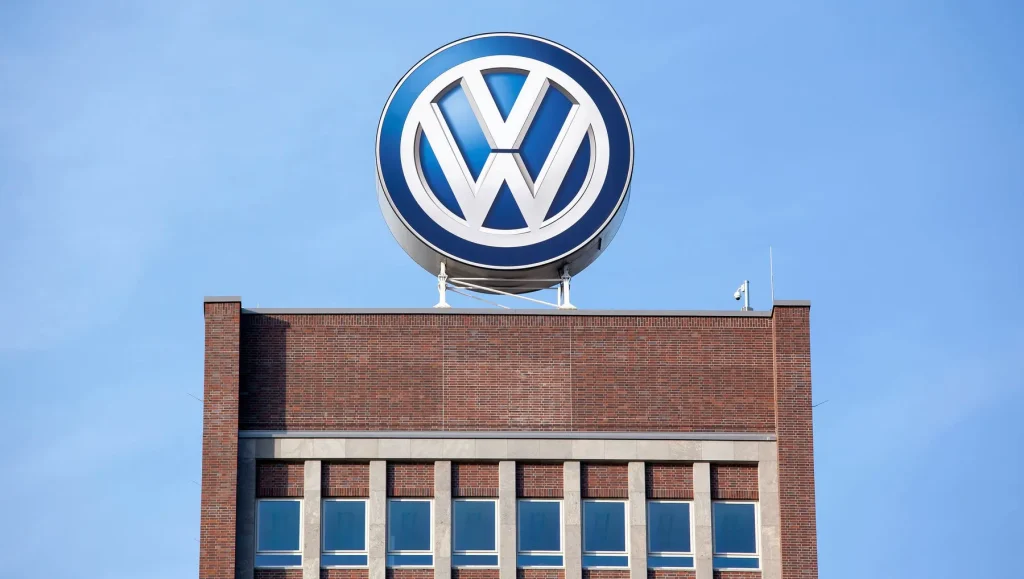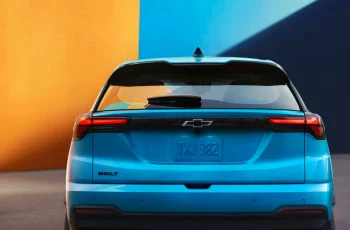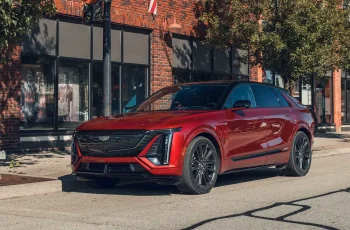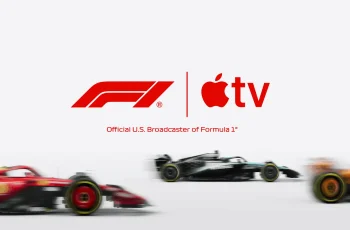Volkswagen is reportedly preparing for a possible production halt of its iconic Golf at the Wolfsburg Assembly Plant, starting as early as October 29. Unlike previous shortages linked to the pandemic, this disruption stems from a complex geopolitical issue between the United States and China, highlighting how global trade tensions can ripple through the automotive industry.

The Chip Shortage Crisis
The immediate cause of the potential stoppage involves a supply chain disruption with microchip supplier Nexperia. Recent political developments have significantly impacted the availability of chips critical to Volkswagen’s production lines. The Dutch government, under pressure from the U.S., took control of Nexperia, citing intellectual property concerns due to the company’s Chinese ownership. This takeover, finalized on September 30, prompted a strong response from China, which subsequently banned the export of Nexperia chips from its factories. Without these chips, Volkswagen has reportedly been informed that the company cannot guarantee continued supply moving forward.
Microchips are essential to modern vehicles, controlling everything from engine management systems to advanced driver-assistance technologies. Any interruption in supply can bring assembly lines to a halt, especially for a high-volume model like the Golf. Volkswagen reportedly has no immediate alternative suppliers capable of meeting the required specifications, and transitioning to a new source would require extensive testing, validation, and recertification, adding further delays.
Potential Impact on Volkswagen’s Lineup
While the Golf is at the forefront of this disruption, other models produced at the Wolfsburg plant may also face stoppages. Reports indicate that production of the Tiguan, Touran, and Tayron could be affected, though Volkswagen has not specified the expected duration of any interruptions. The automaker has communicated the potential risks to employees at the Wolfsburg plant but emphasized that the situation remains fluid, reflecting the ongoing uncertainty of global supply chains impacted by international trade conflicts.
For Volkswagen, the challenge is not only logistical but also financial. Unplanned production halts can disrupt deliveries, lead to inventory shortages, and negatively affect revenue. The uncertainty may also impact dealer planning and consumer expectations, especially as customers await the latest Golf models and related vehicles.
Broader Implications for the Automotive Industry
This situation underscores the vulnerability of the automotive industry to geopolitical tensions, particularly regarding semiconductors. The modern vehicle relies heavily on chips for both basic and advanced functions, making a stable supply chain critical. Disruptions in this sector have cascading effects, affecting assembly lines, delivery schedules, and ultimately, market performance.
The current scenario also highlights the importance of supply chain diversification. Many automakers, including Volkswagen, have experienced similar challenges during the COVID-19 pandemic, revealing the risks of reliance on single-source suppliers. This latest issue, driven by international politics rather than a health crisis, further emphasizes the need for strategic sourcing and contingency planning in an increasingly interconnected global market.
Challenges in Securing Alternative Chips
Finding a replacement for Nexperia chips is not a simple task. Each chip supplier produces components with specific technical characteristics, and any deviation can affect vehicle performance and safety compliance. Transitioning to a new supplier requires thorough testing to meet automotive standards, recertification processes, and integration into existing manufacturing workflows. For high-volume models like the Golf, even minor delays can quickly scale into significant production backlogs.
Additionally, geopolitical tensions complicate the search for alternative suppliers. Restrictions on Chinese exports and potential diplomatic fallout may limit options, requiring Volkswagen to navigate not only technical but also political considerations when securing new chip sources. This scenario demonstrates how global policy decisions can directly influence consumer products and production timelines.
Consumer and Market Effects
For consumers, any halt in Golf production may translate to delayed deliveries and limited availability at dealerships. Those awaiting the latest models could face extended wait times, particularly if production issues cascade to related vehicles. Market dynamics could shift as supply tightens, potentially affecting pricing, dealer incentives, and resale values.
From a broader perspective, Volkswagen’s potential production halt serves as a cautionary tale for the automotive industry. Even iconic, high-volume models are not immune to the complex interplay of global politics and supply chain vulnerabilities. As automakers continue to integrate advanced technologies into their vehicles, ensuring a stable and secure supply of critical components becomes increasingly essential.

Conclusion
Volkswagen’s reported preparations to halt Golf production at Wolfsburg highlight the fragility of modern automotive supply chains in a globally connected world. Driven by geopolitical developments involving chip supplier Nexperia and trade tensions between the U.S. and China, the situation underscores the challenges automakers face in securing critical components. While the Golf is the immediate focus, other models may also experience disruptions, emphasizing the far-reaching impact of semiconductor shortages. For Volkswagen, rapid adaptation and strategic planning will be essential to minimize production delays, maintain market confidence, and navigate the complex intersection of technology, manufacturing, and global politics.



